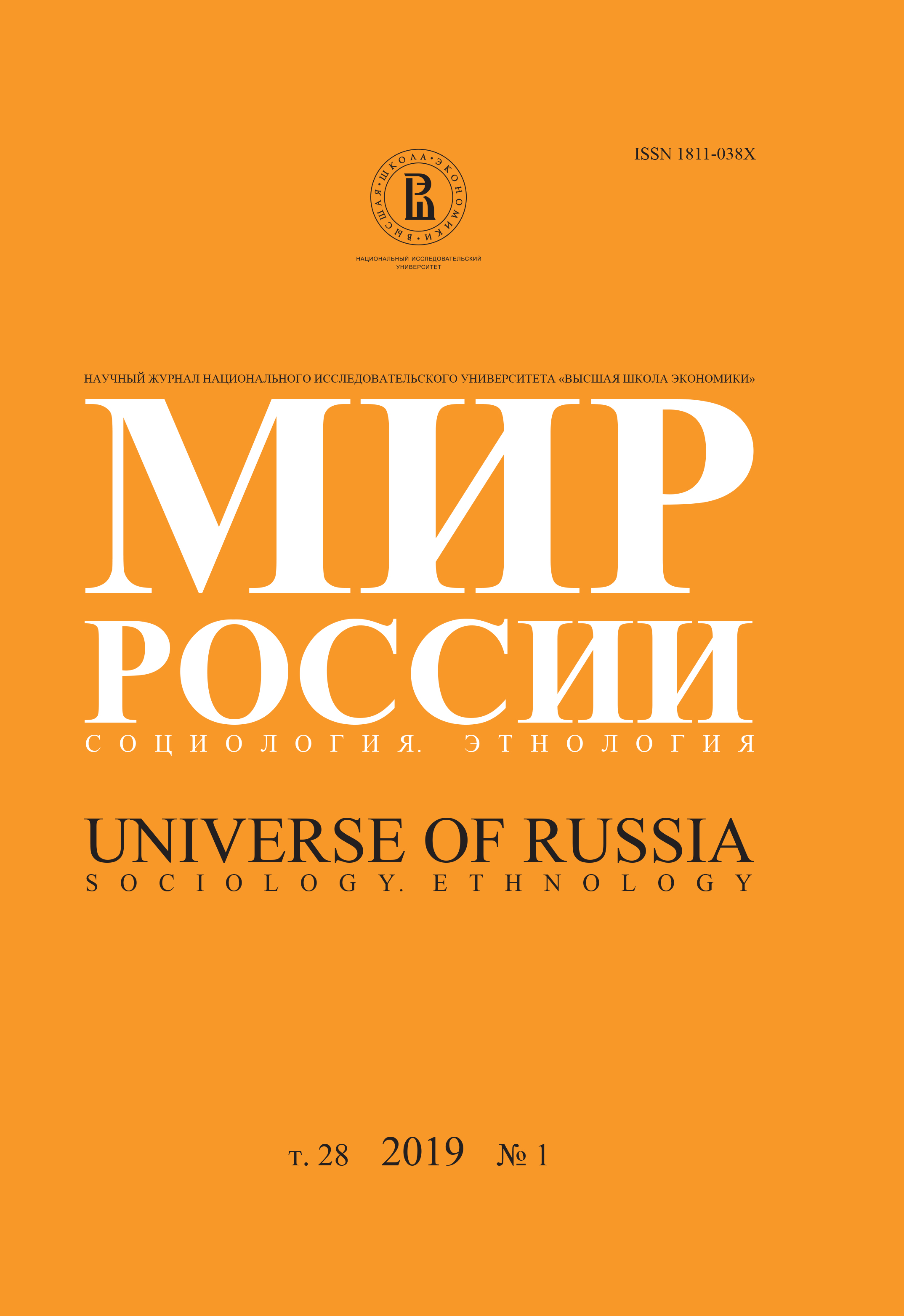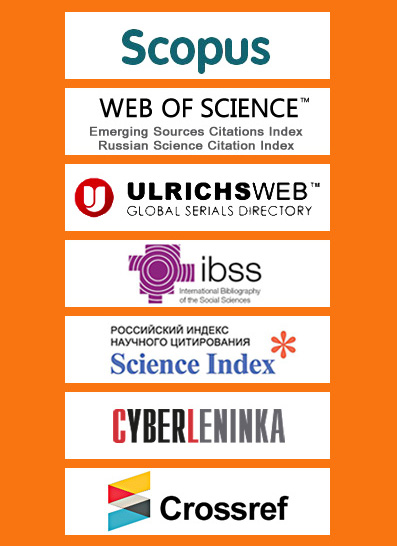Крупный бизнес в путинской России: старые и новые источники влияния на власть
Аннотация
Илья Александрович Матвеев – кандидат политических наук, доцент, факультет сравнительных политических исследований, Северо-Западный институт управления РАНХиГС. Адрес: 199178, Санкт-Петербург, Средний пр. В.О., д. 57/43. E-mail: matveev.ilya@yahoo.com
Цитирование: Матвеев И.А. (2019) Крупный бизнес в путинской России: старые и новые источники влияния на власть // Мир России. Т. 28. № 1. С. 54–74. DOI: 10.17323/1811-038X-2019-28-1-54-74
В научной литературе преобладает точка зрения, согласно которой российский крупный бизнес в путинский период оказался полностью подчинен власти, что выражается, в частности, в полном запрете на поддержку оппозиции и принудительном финансировании важных для государства проектов. Однако стремительный рост числа российских миллиардеров и их совокупного состояния в 2000–2010-е годы указывает на формирование в России политической и институциональной среды, благоприятной для крупного бизнеса. В настоящей статье утверждается, что картина политического влияния крупных собственников остается неполной без учета таких факторов, как структурная власть бизнеса (зависимость государства от экономических решений, принимаемых крупными компаниями), информационная асимметрия между государством и капиталом (преимущество крупных компаний в области информации и экспертизы), а также инструментальная власть бизнеса (формальные и неформальные каналы влияния).
Если в 1990-е годы российский крупный бизнес обладал крайне высокой инструментальной, но низкой структурной властью, то в 2000-е и 2010-е годы на первый план выходит именно структурная зависимость государства от капитала: руководство страны проводит политику, выгодную крупным собственникам, с целью поддержать уровень инвестиций и экономического роста. В то же время у крупного бизнеса появляются новые каналы неформального влияния на власть, такие как сближение с бизнесменами из путинского ближнего круга. Согласно собранной в рамках исследования информации из открытых источников, 9 из 96 миллиардеров из российского рейтинга Forbes за 2017 год имеют или имели в прошлом широкие деловые связи с четырьмя близкими к В.В. Путину бизнесменами. Все эти факторы позволяют российскому крупному бизнесу играть активную, а не подчиненную роль в отношениях с государством.






